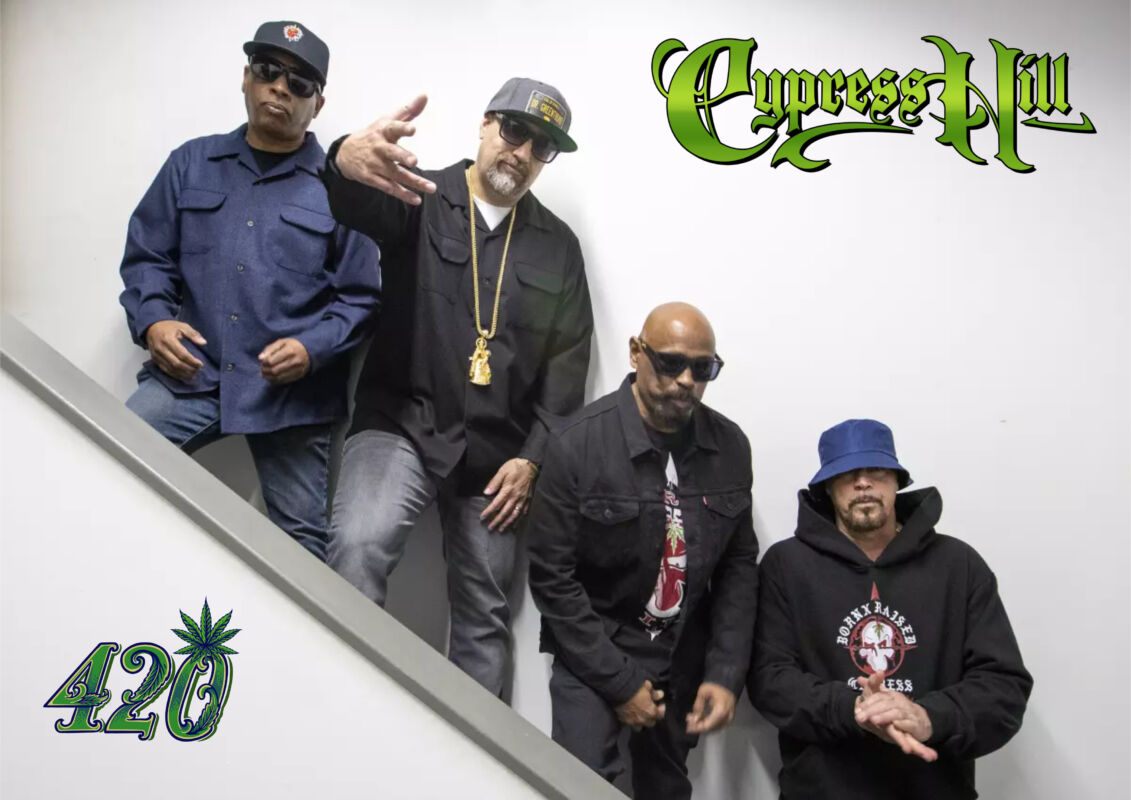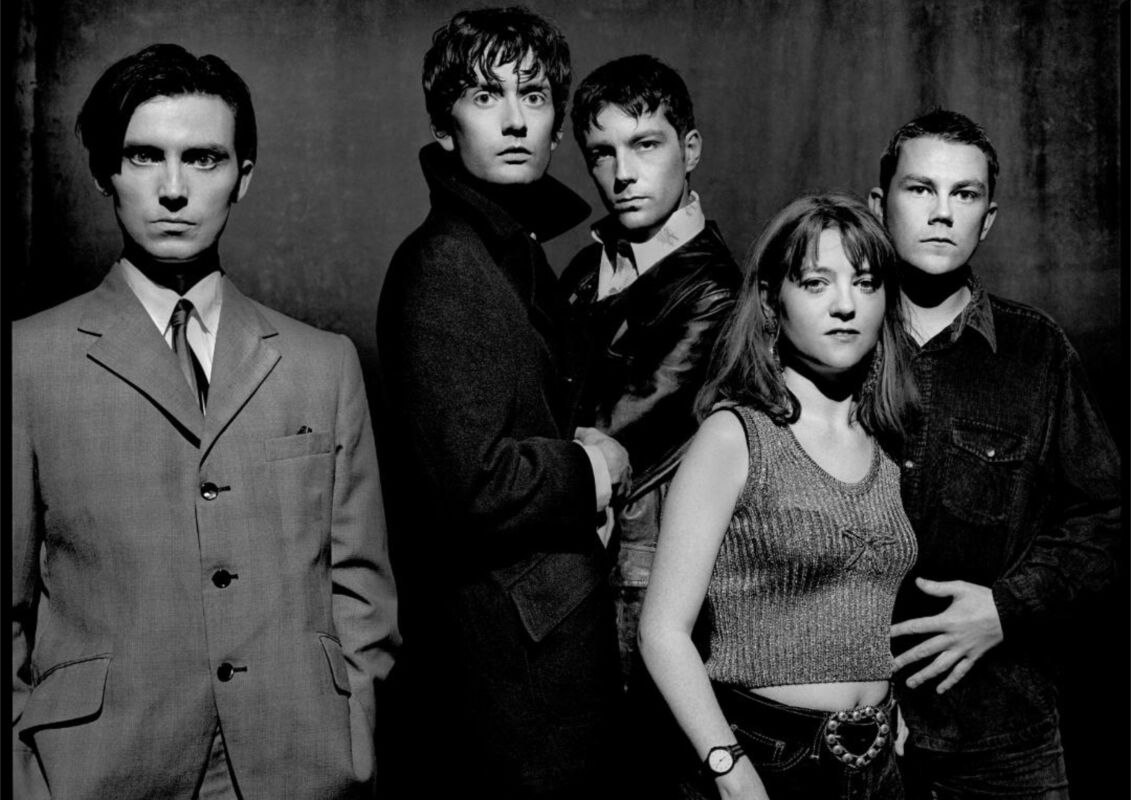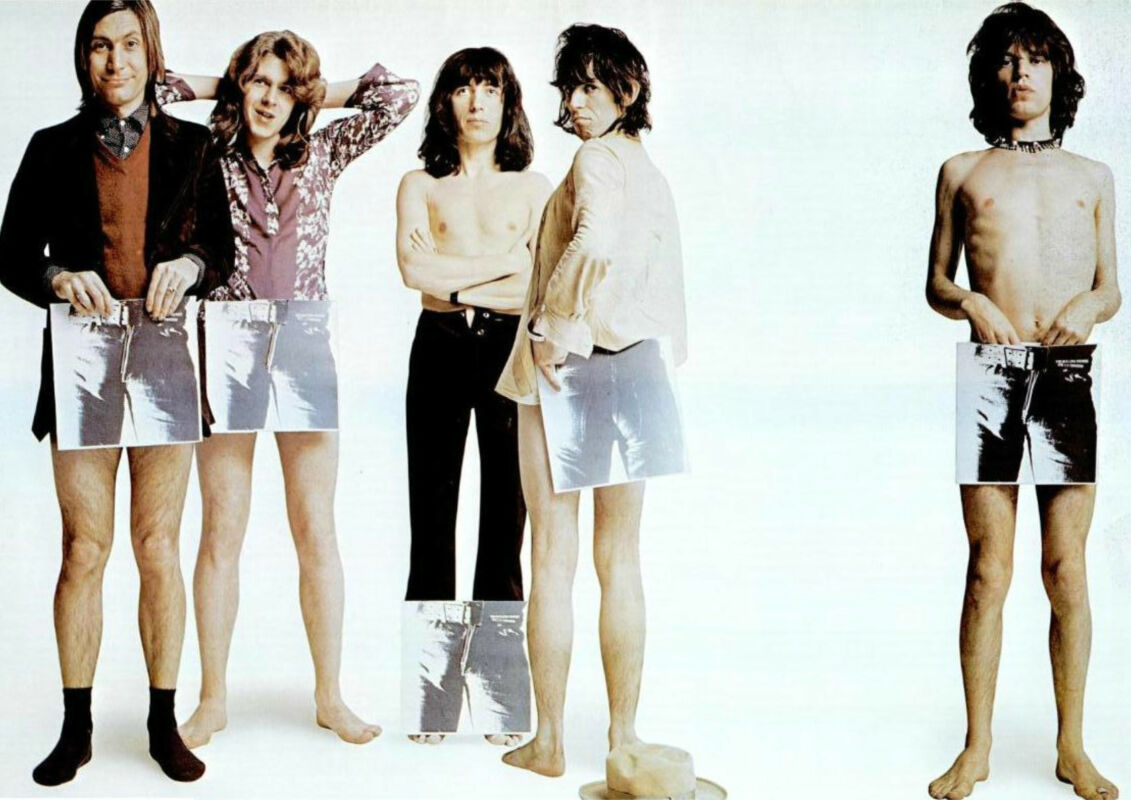Rockabilly has a rich history in Mexico and is indeed pretty popular, particularly in Mexico City.
The roots of the rockabilly scene in Mexico can be traced back to the 1950s and ’60s when American rock ‘n’ roll began to gain popularity worldwide. Artists like Elvis Presley, Johnny Cash, and Buddy Holly were beloved by Mexican youth, as they were among young people worldwide.

In Mexico City, for instance, a subculture/music group known as “Los Rebeldes del Rock” or “Rock ‘n’ Roll Rebels” emerged in the late ’50s and early ’60s. These young people were fascinated to American rockabilly artists’ style, attitude, and music, and they began forming their own bands, organising dances, and dressing in rockabilly attire. This movement helped to popularise rockabilly throughout Mexico and has continued to thrive over the years.
Mexican rockabilly also has influences from local music and culture. For instance, the rockabilly scene often intertwines with the “pachuco” culture. Pachuchos, Mexican American teens famed for their distinctive zoot suit style in the ’40s and ’50s, are often celebrated in the Mexican rockabilly scene, which similarly values retro aesthetics and rebellious attitudes.
Several Mexican rockabilly bands have gained recognition outside their home country. Among the most notable is Rebel Cats. Their music is a fusion of vintage rockabilly with influences from punk, surf rock, and traditional Mexican music.
💧 You might also like GREASERS GUISE.
⎯⎯⎯⎯⎯
Featured image via La Cartelera Mx.





